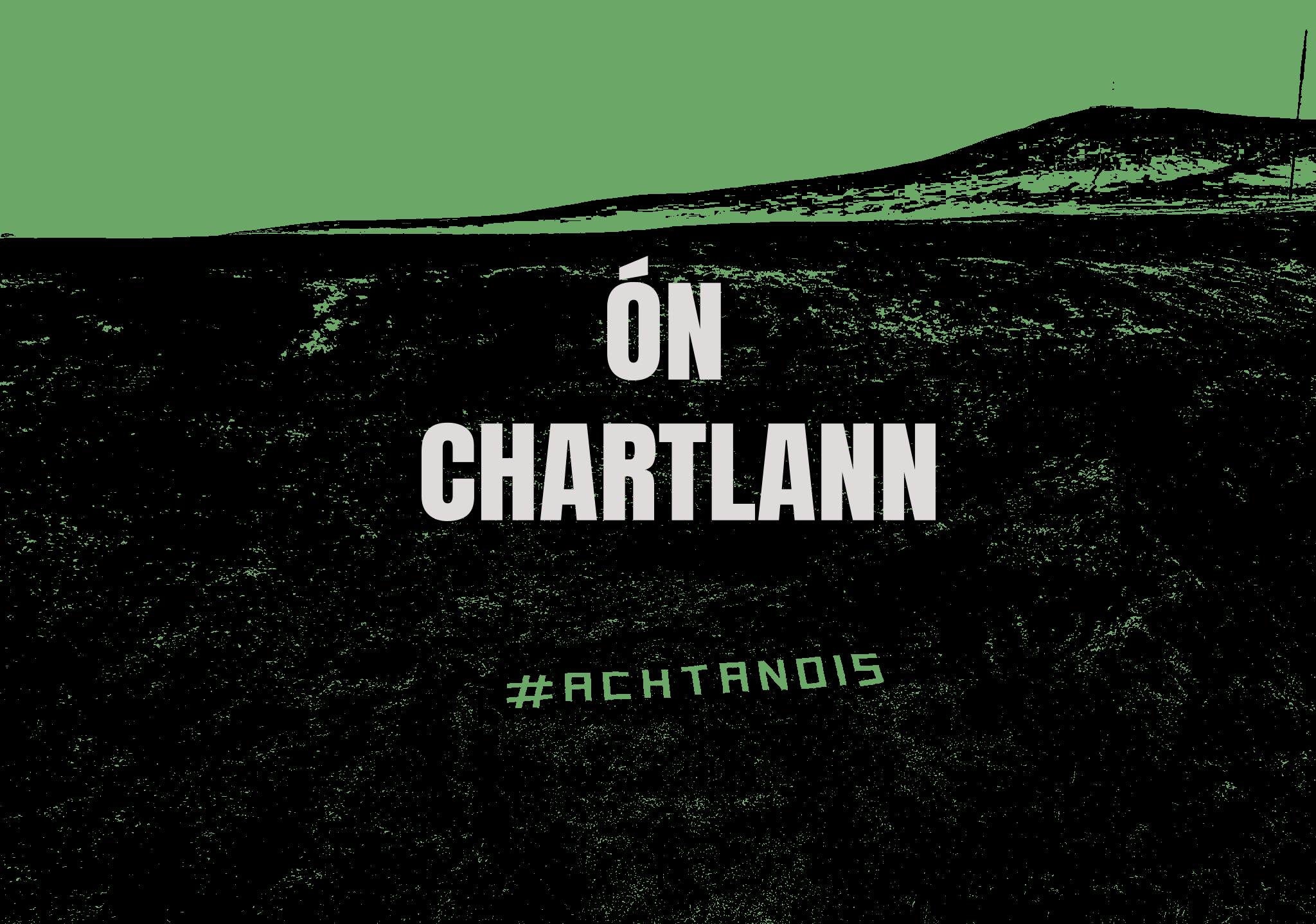An litir dhearg
Bí ar an eolas! Faigh ár nuachtlitir le bheith suas chun dáta leis na feachtais ar fad.

A report into Belfast council’s processing of new Irish street signs has been commissioned after it emerged not one new sign has been made since the council changed its policy last summer.
In the six months since Belfast City Council policy on dual language street signs was changed to make it easier to apply, 600 applications have been made for Irish street signs. But not one has been processed yet, councillors have been told.
At the council’s recent monthly meeting of its Strategic, Policy and Resources Committee, Sinn Féin Councillor Ronan McLaughlin successfully proposed a report looking at the processing of dual language signs since the policy change.
He told the committee: “Our policy for the new Irish street signage went live around the middle of last July. I think since that period there have been over 600 applications.
“In that six month period, where that policy was live, not one decision has reached the committee for ratification, in fact, the only one that got to committee level was in December, using the previous policy. I am not sure what the hold up is. Six months into the process, without one street getting a sign - even though the process is much easier than the old policy.”
Last July councillors agreed the controversial new policy would finally be implemented - 18 months after the policy was originally agreed in the chamber. Sinn Féin, Alliance, the SDLP, the Green Party, and the People Before Profit Party all support the new street sign policy, while the three unionist parties, the DUP, UUP and PUP, are against it.
The new policy means at least one resident of any Belfast street, or a councillor, is all that is required to trigger a consultation on a second nameplate, with 15 percent in favour being sufficient to erect the sign. Non-responses will no longer be counted as “against” votes, and there will be an equality assessment for each application.
Up until last July, the policy required 33.3 percent of the eligible electorate in any Belfast street to sign a petition to begin the process, and 66.6 percent to agree to the new dual language sign on the street. There will be a maximum of five signs processed per month.
Councillor McLaughlin told the committee: “I do know that previously we have sent officers out door to door, to physically post letters through the door. I don’t know if that is the best use of staff time. It would be very resource intensive given the volume of our applications.
“We definitely have to look at the process. If it is taking over six months to get one application out of 600 to committee stage, there is something clearly wrong with the internal process of how this is managed. If it is a resource issue then we need to know about it, and know about it quickly. Really, six months is unacceptable.”
Sinn Féin Councillor Ciaran Beattie said: “As part of that policy change it was agreed we would set up a stakeholders forum, but that hasn’t met up either. The Irish language community has not been consulted, they haven’t been addressed in any way, shape or form, as to when this forum is going to be established.”
City Solicitor Nora Largey told the committee she had been planning to give an update on the situation at next month’s committee. She said: “I know that things haven’t moved as quickly as we would like, and it is always important to give a bit of explanation why that hasn’t happened. I will do it in a report rather than get into the details of it now.
“To give the context, when those initial requests were received, a lot of them were by email. They weren’t part of an application form, so a lot of verification was required, and we had to go back individually to those people who had submitted requests, for certain details.
“We asked for the absolute minimum of details to get clarification for those applications to be progressed. There has been some difficulties in terms of securing regular access to the electoral office, and also to get some translations back from Queen’s University. I think they are under significant staffing issues, which hopefully should be resolved in the next few weeks.
“Obviously until we get research and translation back, we are a bit hamstrung. In addition to that, there are a few issues about which we need some clarification from the committee, in terms of policy, that we will be bringing back next month.”
She added: “You will actually start to see the applications coming through next month. There will be one next month, two the next month after that, and we are hoping that all of the surveys for the initial ten that members have been consulted on, will be completed next month.
“I know that is not quick enough, and I will give you a proper report next month to outline the reasons for that. But I will reassure you that it is getting attention from me in terms of trying to push it forward as best we can.”
She said: “In relation to the stakeholder forum, we were hopeful to get that set up last month, and I will probably speak to you offline for the reasons it hasn’t been set up. There are some circumstances best discussed in private, if that’s ok.”
Bí ar an eolas! Faigh ár nuachtlitir le bheith suas chun dáta leis na feachtais ar fad.